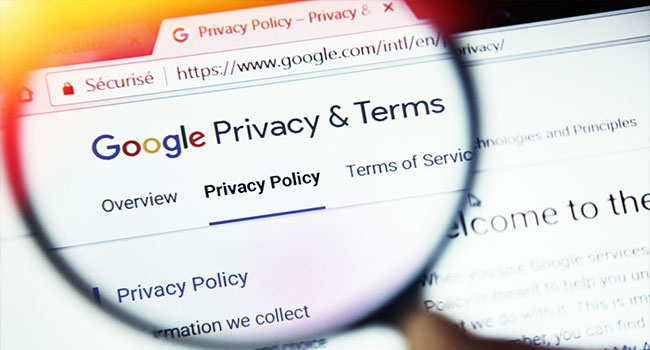This Showcase Post is based on the very first Wow and Wonder post I wrote, located here. I chose this one because I wanted to do a deeper dive on networked privacy, specifically as it is discussed in Danah Boyd’s article.
While there is a lot that we take from the internet, whether it be stories, research, funny pictures, anecdotes, or facts about our friends and family, I think that sometimes we forget that there is also a lot that we give to the internet. Boyd speaks of using the serviced 23andMe to find out more about her genetic lineage, but makes a key point about the personal and deeply detailed information she has now given to 23andMe. She points out that she “never asked [her] future grandchildren” (Boyd, n.d.) for their consent to their genetic information floating out there in cyberspace, but it is now out there. There are a lot of cool things about myself that I have felt the internet has “given” me knowledge of through personality testing, quizzes, and genetic testing. However, I realized after reading Boyd’s article, that I have failed to consider what I was giving it.
What information of mine is out there that I don’t know, perhaps can’t even fathom, would be knowable to anyone? Is my shoe size out there? The type of car I drive? What about my fears and desires; my relationship dynamics? I have taken the love language test, the Myers Briggs test, the enneagram test. Are these attached to my identity somewhere out there? Or are they truly anonymous quiz results sitting in dark, boring corners of the internet for no one but me to ever know the details of? I have a feeling it’s the former.
In this article by Marissa Lang, she discusses how nothing we choose to share online can ever be fully private. Only 9% of social media users remain fully confident that their personal information is safe and secure online (Lang, 2017). It is comforting to know that others are concerned too. In a way, though, it’s disconcerting at the same time. Nearly everybody is concerned about their privacy online, but not much is being done about it.
How does this relate to privacy that is networked, and not just individual? I believe that the two are deeply intertwined. I would argue that most people do not exist online fully independently. They communicate with others, whether it’s with family and friends on social media or strangers in forums. We are linked to so many people, and this can help create a more realized image of us. If anyone is looking, that is.
References:
Boyd, D. (n.d.). Networked Privacy. Surveillance and Society. https://ojs.library.queensu.ca/index.php/surveillance-and-society/article/view/networked/networked
Lang, M. (2017). There is No Such Thing as True Privacy In the Digital Age. San Francisco Chronicle. https://www.govtech.com/security/there-is-no-such-thing-as-true-privacy-in-the-digital-age.html/
Featured image via SecurityToday

Leave a Reply